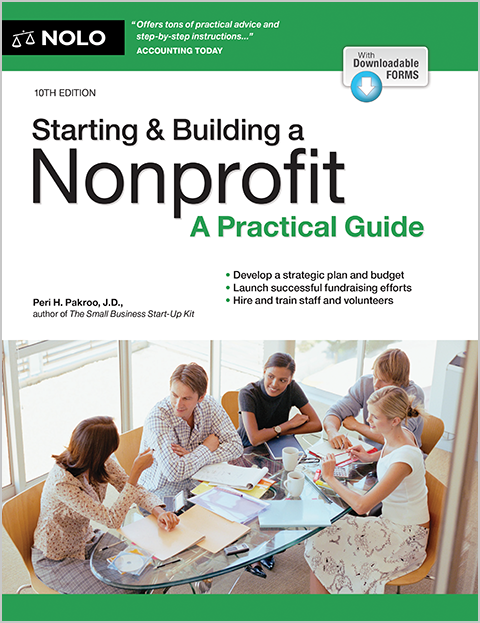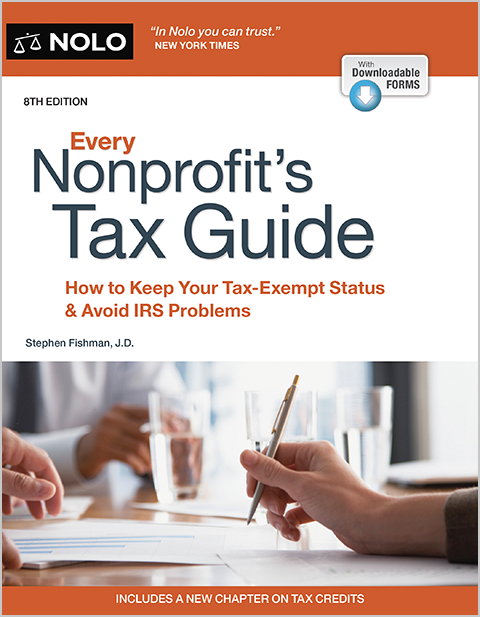Various states have been looking into or proposing legislation to create a state-tax based incentive for making gifts to charity.
For most Americans preparing federal Forms 1040, donations made to charitable organizations offer minimal financial benefits, tax-wise. That's because of the raising of the standard deduction implemented through 2018 Congressional change to the tax code (discussed below).
But what about under state law? Are there any states in which philanthropically minded people of average incomes will continue to have a tax incentive to give?
Why Federal Charitable Deductions Are No Longer Available to Most Taxpayers
The charitable deduction is not gone from the federal tax code, but it has been rendered mostly useless for all but the wealthiest or most generous taxpayers. The reason is the doubling of the standard deduction that Congress included in its 2018 overhaul of the U.S. Tax Code (the Tax Cuts and Jobs Act, or TCJA).
The standard deduction for 2023 is $13,850 for people who file an income tax returns as singles and $27,700 for married couples who file jointly. That dollar amount is high enough that the vast majority of U.S. taxpayers have no reason to keep track of and itemize their deductions.
No itemization, no sense tallying up one's gifts to charity—charitable donations are, after all, on the list of potential itemized deductions.
States Offering Tax Incentives for Charitable Giving
This federal tax change shifted incentives, and created a situation where charitable giving by non-wealthy donors decreased measurably. In response, various states have looked into legislation to create a state-tax based incentive for making gifts to charity. It also happens that some states have separate charitable deduction laws on their books, or basically track the federal code and don't have any disincentives to claim the deduction. Let's look, for example, at California, Minnesota, and Colorado.
See a tax professional for more detailed information.
California Tax Incentive for Charitable Giving
California law basically adopts the federal standards for tax deductions on gifts to charity. (See California Revenue and Tax Code § 17201.) One important difference is that California has a 50% limitation on charitable contributions based on federal AGI, as compared to a 60% limit under federal law.
Because California's standard deduction is much lower than the federal one, however, taxpayers can, and will want to, itemize their charitable contributions on their California tax returns.
Minnesota Tax Incentive for Charitable Giving
Taxpayers in the state of Minnesota who don't itemize deductions on their federal return can, on their state tax return, reduce the amount of their income that's subject to tax by 50% of their total charitable contributions over and above $500. (See § 290.0132 Subd. 7 of the Minnesota Statutes.)
This is often referred to as the "non-itemizer charitable deduction" or the "charitable contributions subtraction."
Minnesota's law was the first of this kind in the U.S., meant to make charitable giving an attractive option to all taxpayers, not just the ones who itemize on their federal return.
The standards for which types of charitable donations "count" toward the subtraction follow the federal guidelines; Minnesota taxpayers are not, for instance, limited to subtracting contributions to Minnesota-based charities.
Colorado Tax Incentive for Charitable Giving
Similar to the law in Minnesota, Colorado law (§ 39-22-104(4)(m)) says that taxpayers who have claimed the basic standard deduction on their federal return, and who thus can't benefit from a federal itemized deduction for charitable contributions, can take a subtraction on their Colorado return for the full amount of their charitable contributions over and above $500, limited only by a percentage of their adjusted gross income (AGI). The limitation is 50% of AGI in most cases.
The subtraction means that Colorado taxpayers can literally lower their taxable income from the amount shown on their federal return. See this handy writeup from the state of Colorado.
As in Minnesota, the standards for which donations "count" in this situation track the federal ones.
Other Ways for Donors to Gain Tax Benefits Through Donations to Charity
Tax experts also recommend that prospective donors look into the advantages of:
- Giving appreciated investments, such as stock shares. This allows donors to deduct the investments' full market value (subject to certain limits) without having to pay capital gains tax on the appreciation.
- Contributing through Individual Retirement Accounts (IRAs). For donors who are age 70½ or older, direct asset contributions of up to $100,000 can be counted toward their required yearly IRA distributions and will not be included in their taxable income.
See a Tax Professional for Charitable Deduction Strategies
If you have other unusual factors at play in your tax situation, it's possible that you will choose not to rely on the standard deduction for other reasons, and would benefit from making charitable deductions as before. See a tax professional for more detailed advice and strategizing.



